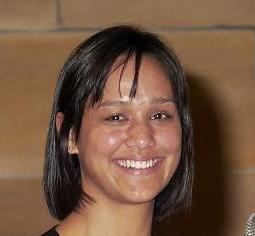
PROJECT SUMMARY:
Traumatic brain injury (TBI) is currently a leading cause of death and disability in developed nations such as Australia. The incidence of TBI is highest in people during the most productive years of their lives and frequently results in ongoing neurological impairment. TBI costs the nation several billion dollars each year and has been implicated in the development of other disorders, such as Alzheimer’s disease and post-traumatic epilepsy, further intensifying the socio-economic and medical burden of this condition. There are currently no effective treatments or cures that can reverse the primary damage and complex secondary pathologies that develop following a TBI.
It is crucial that we understand the mechanisms by which the brain responds to injury before we can develop effective strategies to promote functional recovery. Until recently the predominant method for studying brain injury was to examine brain tissue harvested post-mortem from experimental animal models or human donors. A major limiting factor of these studies was that they only provided a ‘snap-shot’ of what was occurring in the intact brain. An exciting new imaging technology, in vivo two-photon laser scanning microscopy, now allows individual nerve cells within a whole living system to be imaged. By combining this imaging technique with models of experimental brain injury in mice we will develop a novel, clinically relevant model for studying brain injury in real time. This platform will allow us to investigate the neural response to trauma within the complexity of the intact brain in a whole living system. This approach will also provide an ideal system in which to test potential therapeutic agents and will be adaptable to studying a range of neural injury and disease models.
We would sincerely like to thank the Brain Foundation for generously providing us with the funding to initiate this project.



 The Brain Foundation is the largest, independent funder of brain and spinal injury research in Australia. We believe research is the pathway to recovery.
The Brain Foundation is the largest, independent funder of brain and spinal injury research in Australia. We believe research is the pathway to recovery.